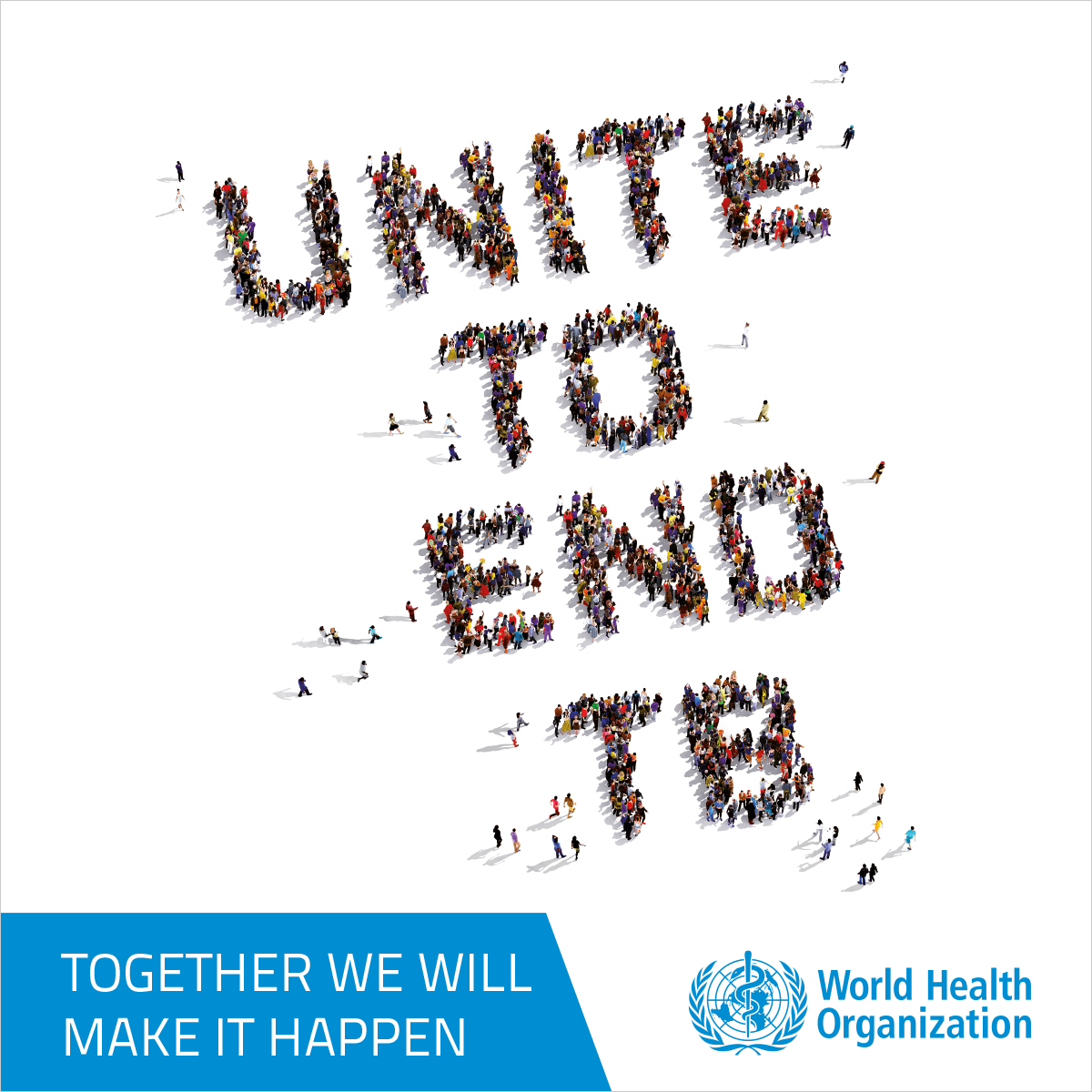World Tuberculosis Day 2016: United to End TB
Published in Microbiology

“Everyone with TB should have access to the innovative tools and services they need for rapid diagnosis, treatment and care. This is a matter of social justice, fundamental to our goal of universal health coverage. Given the prevalence of drug-resistant tuberculosis, ensuring high quality and complete care will also benefit global health security. I call for intensified global solidarity and action to ensure the success of this transformative End TB Strategy.”
-Dr. Margaret Chan, WHO Director-General

The World Health Organization numbers are staggering: 9.6 million symptomatic infections in 2014, 1.5 million deaths and a third of the world estimated to be latently infected. Tuberculosis (TB) is the world’s top infectious disease killer, targeting both children and adults, and accounts for 1 out of every 3 HIV-related deaths. 95% of the infections occur in the developing world and multidrug-resistant infections (of which there were nearly half a million in 2014) are on the rise.
Today, March 24, marks World TB Day. The day serves as a solemn reminder that there remains a great deal more to do to understand and develop therapies against TB, but it also gives us an opportunity to celebrate the commitment of the TB community and the successes they’ve had in combating the epidemic—since 2000, TB incidence has fallen by 18% (the death rate has dropped 47% since 1990), with over 43 million lives saved through effective diagnosis and treatment.
This year’s World TB day theme—‘United to End TB’—couldn’t be more apt, as the only way towards TB’s eventual eradication is the concerted interdisciplinary action of those at the bench, in the clinic and in the government halls (you can read the WHO’s 3 pillar call for action, here).
To help promote and advocate for TB research, we have set up this channel to celebrate the personal stories and POVs of those working in the field. I reached out to several researchers and clinicians I know and asked them to tell us a bit about how they came into the field and what excites them (yes, TB research can indeed be fun) about their work. In the following posts, I asked them to tell us a bit about what their work entails and quickly answer 3 questions:
1. What is the most interesting thing about working with/treating TB?
2. What do you think is the biggest challenge today for successfully eradicating TB?
3. What would you like the public (and general microbiological audience) to appreciate about TB?
While these snapshots are just a small cross-section of the community, we hope that in reading about these experiences everyone can get a sense of the passion behind those working to solve this important issue and the big challenges that remain in controlling this disease. And, we hope that those reading will be willing to add your own voice and share your experiences too. Even non-acid-fast scientists are encouraged to chime in and tell us what you think we need to successfully tackle the TB epidemic.
*For more reading:
- The WHO's highlights on the 30 countries with the highest burden of TB





Please sign in or register for FREE
If you are a registered user on Research Communities by Springer Nature, please sign in